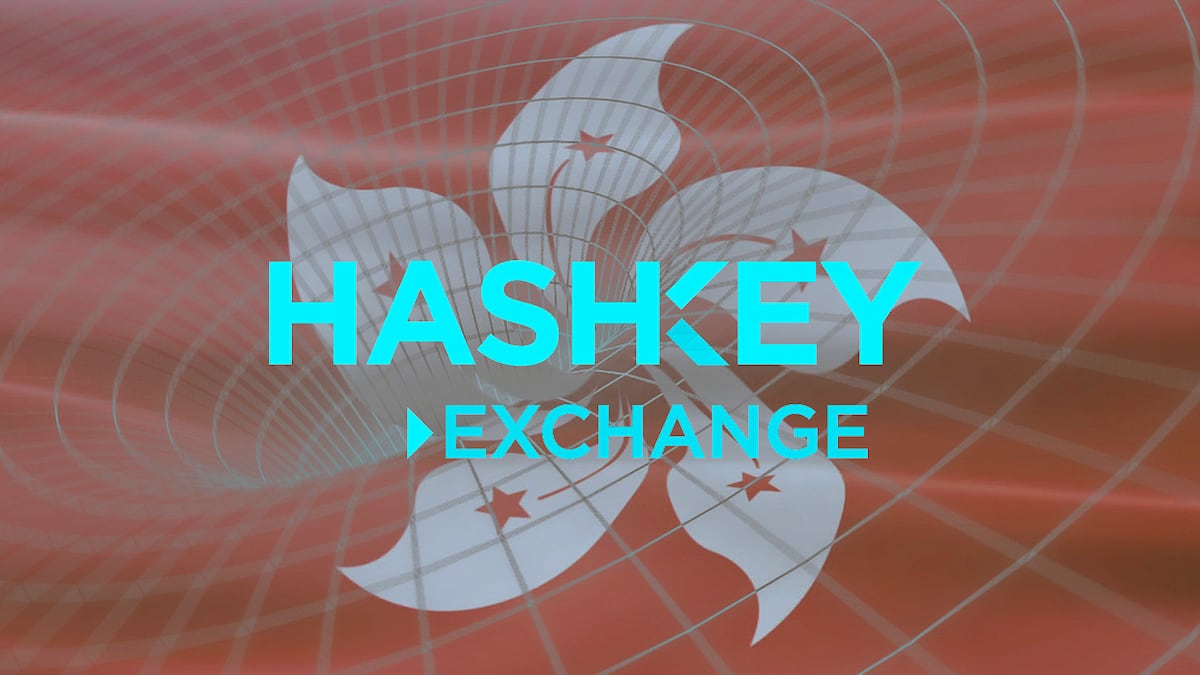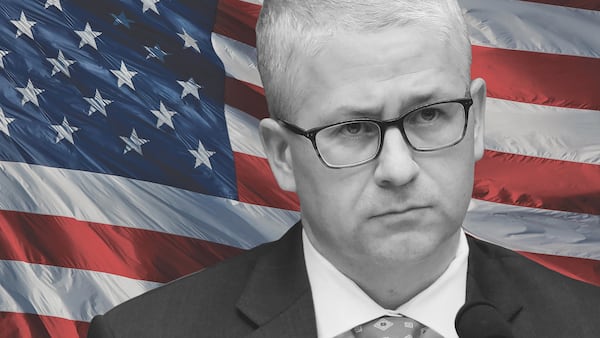- HashKey Exchange and OSL have been granted the first two virtual asset exchange licences issued by Hong Kong regulators.
- The news comes as Hong Kong is adopting a more welcoming approach to crypto.
- However, some DeFi degens fear it’s only a matter of time before China’s crypto crackdown spills over into the city.
The Hong Kong Securities and Futures Commission has granted its first two virtual asset exchange licences to HashKey Group subsidiary HashKey Exchange, and digital asset platform OSL as the city attempts to establish itself as a crypto hub.
Hong Kong introduced a new regulatory regime on June 1 that requires exchanges to obtain an operating licence.
It sets minimum regulatory rules around onboarding, governance, disclosure, and token admission criteria, as well as anti-money laundering and counter-terrorist financing measures.
NOW READ: I had my irises scanned by Sam Altman’s Worldcoin Orbs so you don’t have to — here’s what happened
“With the establishment of licensed trading platforms and the further clarity of regulatory frameworks in Hong Kong, the industry as a whole will witness increased transparency, leading to a significant boost in investor confidence,” said Livio Weng, HashKey Group’s COO, in a statement.
HashKey Exchange previously held licences for dealing in securities and providing automated trading services, meaning today’s announcement was something of an upgrade for them.
Hours after HashKey Exchange announced its licence, OSL broke the news on Thursday that it had had a similar uplift.
“This is a significant first-mover advantage, and a direct result of our strategy of putting regulation and compliance first,” said Hugh Madden, CEO of OSL.
“It demonstrates how regulation is the foundation of future growth and mainstream acceptance in the digital asset space.”
More exchanges waiting in the wings
But other players are attempting to obtain licences for the first time. OKX’s global chief commercial officer Lennix Lai told DL News that the regulatory update shared today was encouraging.
The exchange set up its Hong Kong entity earlier this year.
“Having more regulated players in the market contributes to a more robust and competitive digital asset ecosystem in the city,” he said.
“Upgrading the licenses of existing local players also makes perfect sense as it gives the regulator a foundation to attract more global players like OKX to participate in the local ecosystem.”
The Covid pandemic and regulatory uncertainty in the city caused crypto companies to flee over the last couple of years for fairer climes in Dubai and Singapore — but now Hong Kong is once again trying to position itself as a global hub.
Regulatory clarity
For several years, it was uncertain as to whether Hong Kong would follow China’s lead and clamp down on crypto.
The announcement earlier this year of a more robust framework for dealing with virtual asset providers and exchanges — which also includes provisions for allowing retail investment — was a surprise to many who expected a more Beijing-esque approach.
NOW READ: Uniswap Asia lured Chinese investors with parties, dancers, and an airdrop — it was all fake
But not everyone is convinced by Hong Kong’s sudden embrace of the industry.
Bobby Lee set up China’s first Bitcoin exchange in 2011, BTCC, and saw his business shutter during China’s crypto crackdown. A Chinese crackdown could still be in the books, he warned in May.
“I wouldn’t be surprised if Hong Kong did a reversal and put a red light in front of everyone,” he said.
That said, crypto and Web3 have found some support from lawmakers and officials.
Earlier this year, the secretary for financial services and the treasury, Christopher Hui proclaimed “virtual assets are going to stay”.
In June Legislative Council member Johnny Ng invited Coinbase and other trading operators to set up shop in Hong Kong.
And the same month, the government also set up a task force for Web3, including HashKey Group chairman Xiao Feng and Animoca Brands chairman Yat Siu among its members.
Hong Kong warming up to the industry has been welcomed by the crypto community.
For instance, the Bored Ape Yacht Club’s annual ApeFest conference will host its third edition in the city in November, having snubbed previous host city New York.
Hong Kong has also been held up by the likes of Simon Callaghan, CEO of Blockchain Australia, as a likely destination for crypto companies escaping stricter regulatory crackdowns in their home countries.
Do you have a tip on Hong Kong’s crypto push or another story? Hit me up at callan@dlnews.com.



